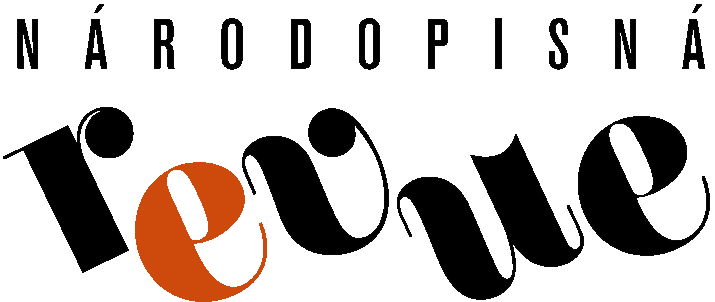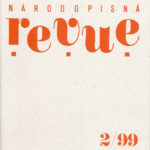Národopisná revue 2/99 focuses on the folk culture which has been used commercionally and in tourist industry. Josef Jančář deals with this issue in the terms of theory in his article (Folklorism and Commercionalization). Other writers are interested in specific features of this tendency, such as Hana Kyseľová in her description of a folklore festival in Slovakia which is open to tourists (The "Hontianska paráda" - a Non-traditional Festival of a Traditional Culture). Běla Minaříková deals with the state of folk crafts and art after the cancelling of an organization for the folk arts production, the ÚLUV (Business is Business). Marta Šrámková analyses the contemporary production of the collections of folk legends and tales (Is the Folk Legends Publishing Inevitably Commercional?). Jaroslav Štika shows how the folk foods have been used in the tourist industry of various European countries (Folk Foods and the Open-air Museums), and Hana Dvořáková presents a portrait of a non-professional statue maker whose garden has been a tourist attraction of the region (Let's Go to a Safari...).
The Transforming Tradition column offers an article on the custom of Easter carolling in contemporary society. The south Valachia boys go carolling through the villages of their region with various wooden instruments. Another article remembers the anniversary of the folklore ensemble Bejatka from Silesia. The Society's Chronicle column brings the life stories of Alena Jeřábková and Jiřina Langhammerová, ethnographers, and Věra Šejvlová (b. 1919), ethnography activist. These are followed by obituaries of doc. Karel Fojtík, an outstanding Brno ethnographer, and František Třetina, songwriter.
There are regular columns on folklore festivals, ethnography conferences, exhibitions, and publishing activities. A hot topic is a discussion on the character and vocation of folklore festivals. The Looking Back column brings material on the Ukrainian researcher Volodymyr Suchevyc. It also offers notes and comments on the essays of the folk culture of the Kopanice region, and on an ambiguous personality of a priest Josef Hofer of the same region.



